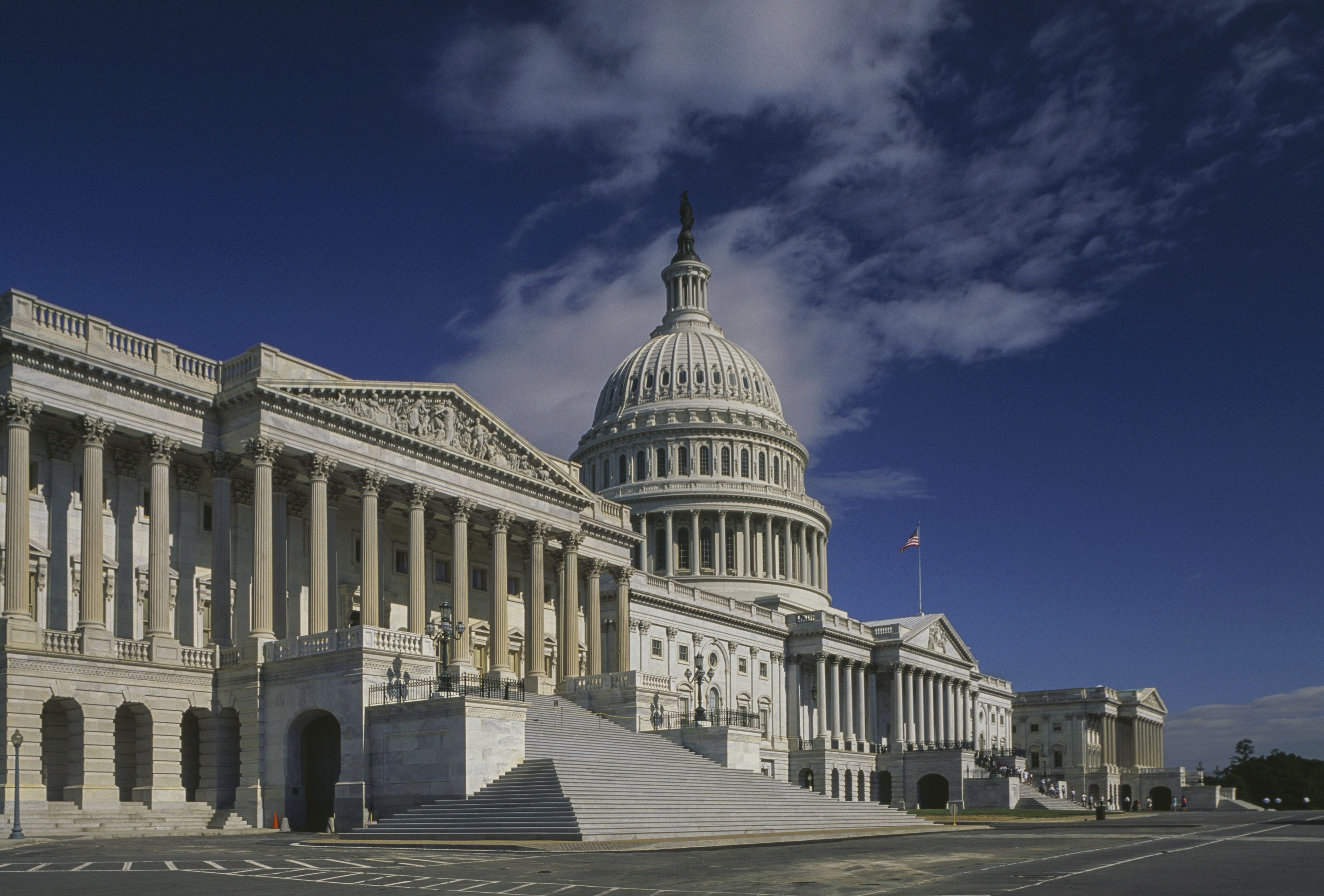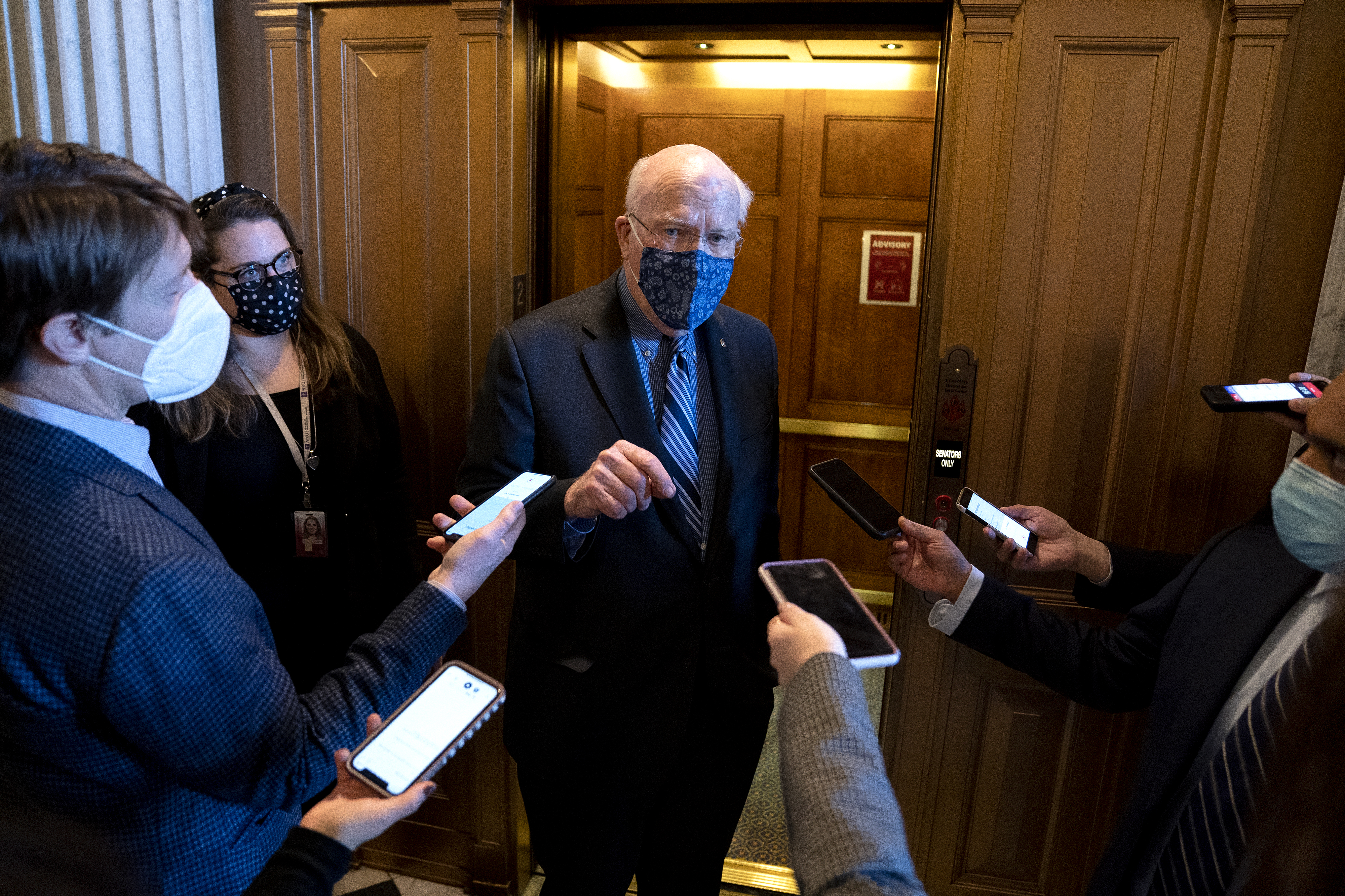Sen. Susan Collins is part of an effort to censure former President Donald Trump over his involvement in the riot at the U.S. Capitol earlier this month.
The Maine Republican explained in a Thursday interview with NECN and NBC10 Boston that she and Sen. Tim Kaine, D-Virginia, had begun discussing whether to bring a measure to censure Trump forward in the Senate after a vote in the body on whether holding an impeachment trial for the former president after he left office was even possible.
That measure passed 55-45, with Collins among the five Republicans who joined with Democrats to support going forward with the trial.
“It was obvious from the vote we had on whether or not it was constitutional to proceed with the trial that there will not be sufficient votes in the Senate to convict the president,” she said.
For Trump to be convicted, two-thirds of the number of senators present for the trial must vote in favor. If that happens, it would just take a majority of senators to prevent him from holding federal office again.
Collins recounted that she had consulted constitutional scholars when preparing for the vote and that she was upset that a second Capitol Police officer had died by suicide “in the wake of the storming of the Capitol.”
But despite that stance, she would rather have an alternative censure, a formal condemnation of President Trump’s comments, as opposed to a stronger measure that some other lawmakers have proposed, which would ban Trump from seeking federal office again.
“My own preference is for a resolution that strongly condemns his actions,” said Collins, adding that “only once before in history has the Congress acted to censure the president and it is a significant action.”
Collins has not announced how she would vote should a trial to convict Trump take place, and she intends to listen to all evidence presented in that trial, which is set to start Feb. 9.
While she’s been giving some time to impeachment and censure considerations, the senator has also been busy leading lawmakers in discussions that could result in the crafting of new coronavirus relief legislation.
She revealed that she and President Joe Biden spoke this week and that a call between her, three other lawmakers from both parties and a top White House aide resulted in a “lengthy” conversation on Wednesday night.
So far, Collins said her relationship with Biden remains “very positive” and “very much intact” from what it was while he was vice president and, before that, a fellow senator.
“The relationship I have with Joe Biden is closer than the relationship I had with President Obama or with President Trump,” she said, adding that “the fact he called me twice since the election is a very good sign and we had an extremely friendly conversation.”
During her conversations with Biden, Collins said, she talked with him about coronavirus relief, which she said should be bipartisan.
She said she told the president that she would work on a “more targeted” assistance package than some of the proposals Democrats have put forward, which she believes the president “seemed open” to, and believes there is widespread, bipartisan support for “additional funding for the manufacture, distribution and administration of vaccines,” as well as more funding for testing.
The senator also said she told Biden that she had a “concern” that existing relief package language from Democrats would “allow a family of five with an income exceeding $325,000 to receive partial stimulus checks,” something she believes is “not targeted to those most in need.”
One topic Biden and Collins did not talk about, according to the senator, was the ongoing discussion in the Senate about eliminating the legislative filibuster.
The senator did say that getting rid of the filibuster is something she will “strongly oppose” and thinks that, if Democrats do that “and control of the Senate changes in two years, they will rue the day.”
As for herself, Collins is entering her fifth term, and she thinks she’s “never been busier,” given the amount of Senate committees she sits on, the fundamental discussions about the Constitution taking place and the number of groups of legislators she tries to lead and work with to begin to form compromises.
The only point in her career she relates the feeling of the current moment to is the aftermath of the September 11, 2001, terrorist attacks, when she was “the head of what became the Homeland Security Committee.”
“It is truly nonstop,” she said.



